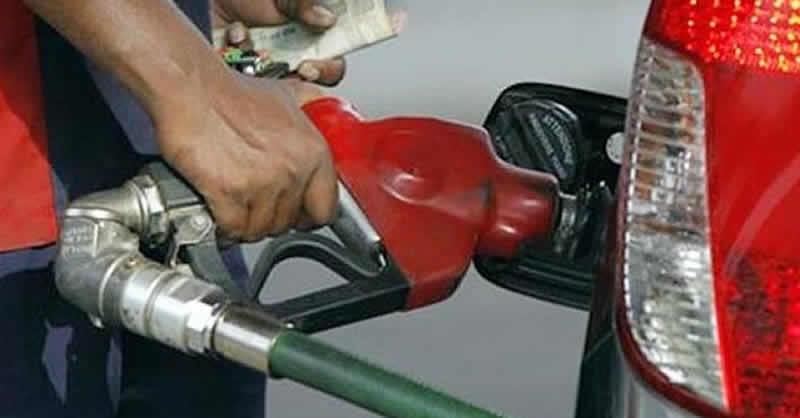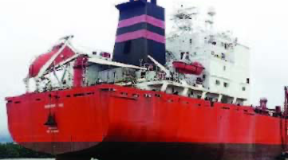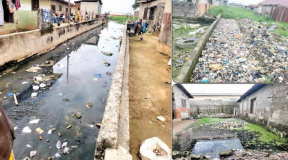The Nigerian National Petroleum Company Limited is planning to sign an agreement with independent oil marketers to ensure that the ex-depot price of petrol is N148/litre.
The National Controller, Operations, Independent Petroleum Marketers Association of Nigeria, Mike Osatuyi, told The PUNCH on Thursday, that IPMAN was currently holding a series of meetings with the new Managing Director of NNPCL Retail, Hubb Stockman, who promised to supply IPMAN members products directly.
This came as the Presidential Candidate of the All Progressives Congress, Bola Tinubu, on Thursday, said no matter how long people protest against the removal of subsidy on Premium Motor Spirit, popularly called petrol, the scheme must be stopped.
Speaking on the agreement with NNPCL, Osatuyi said, “They (NNPCL) have now put IPMAN under him (Stockman) directly, and he’s a good guy. With the series of meetings we have been having with him, something good will come out of it, latest by January.
“We will get products directly from NNPCL and we won’t have to go through the depots. He’s a white guy, and you know whites don’t play politics. By that, prices of products will go down. But what we are asking for again, is consistency in product delivery to us, and let it not be a one-off thing.”
The Chairman, IPMAN Satellite Depot, Akin Akinrinade, had told The PUNCH, on Wednesday, that private depot owners kept increasing prices, as petrol was currently sold to them above N200/litre.
It was observed that filling stations belonging to NNPCL sold petrol at N169/litre, while major marketers dispensed the product at N170/litre, as IPMAN sold theirs at about N250/litre, depending on the location.
The queues for petrol grew worse in Lagos on Thursday, but subsided in parts of Abuja.
Petrol sells N270/litre
Petrol is now selling at between N260 and N270/litre in Awka, the capital of Anambra State.
The News Agency of Nigeria monitored fuel availability and price situation on Thursday in the state and reported that the cost of transportation had sharply increased in response to the hike.
The NNPC mega and mini retail outlets in Awka were closed to customers as they had no products, while only private marketers’ outlets were selling with few vehicles queuing up to buy petrol. Some motorists in the town expressed concern that the price of petrol had continued to rise without anybody coming to their rescue. They accused the marketers of arbitrarily hiking prices because Christmas and New Year celebrations are near.
NAN reports that fares for intracity shuttle had increased by 100 per cent as transporters now collect N200 for distances that cost N100 in the last.
Mrs. Jane Oranu, a civil servant who lives in Onitsha but works in Awka, said a one-way fare which was N300 now costs between N750 and N800.
Oranu said the increase in transport fare had put an additional burden on household finances.
She called on the Federal Government to intervene in the petrol price issue and save the masses from unbearable hardship.
In a reaction, Mr. Chinedu Anyaso, Chairman of IPMAN, Enugu Depot Community, blamed the price increase on cost of procuring products.
Anyaso, in charge of Anambra, Ebonyi and Enugu States, said marketers were now buying PMS at above N240 with N3 loading cost and N15 transportation per litre to their outlets.
“It is not our problem, the price we are selling is reflective of the ex-depot price which is N240, we pay N3 as loading cost and transport to our outlets with N15 that makes landing cost to be between N258 and N260.
“You can see that alternative to what is going on now is to be out of business but we have to remain in business to service our people, especially during this Christmas period. It is even affecting our businesses because our sales have dropped by about 50 per cent because customers are not buying, so we are calling on the federal government to supply products massively and directly to marketers and not through these private depot owners,” he said.
Anyaso urged members of the public to appreciate the role of marketers in the Southeast who were making efforts to make fuel available but explained that pricing is not within their control.




